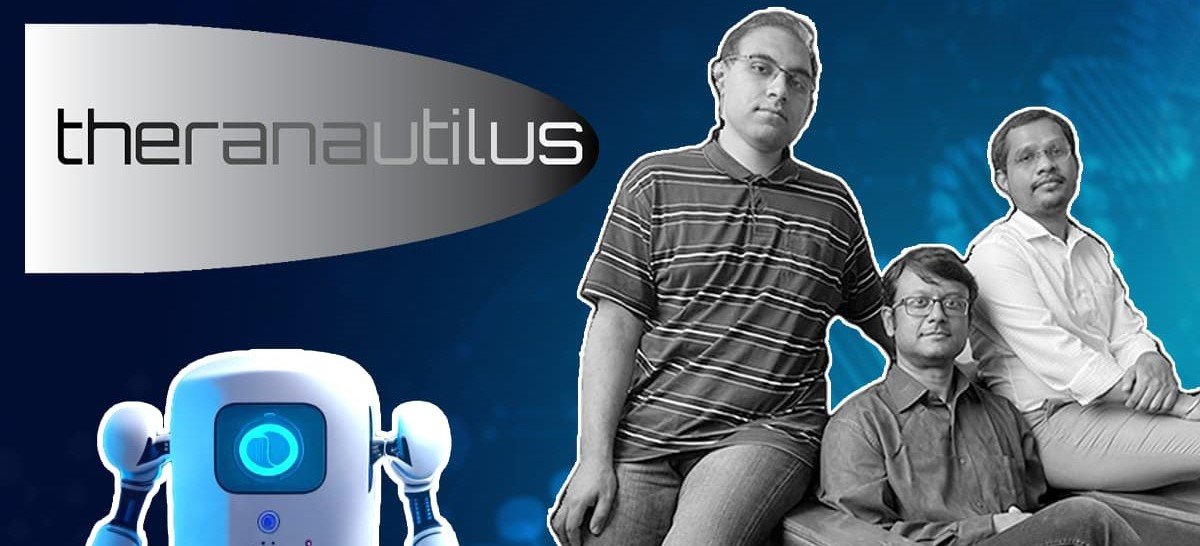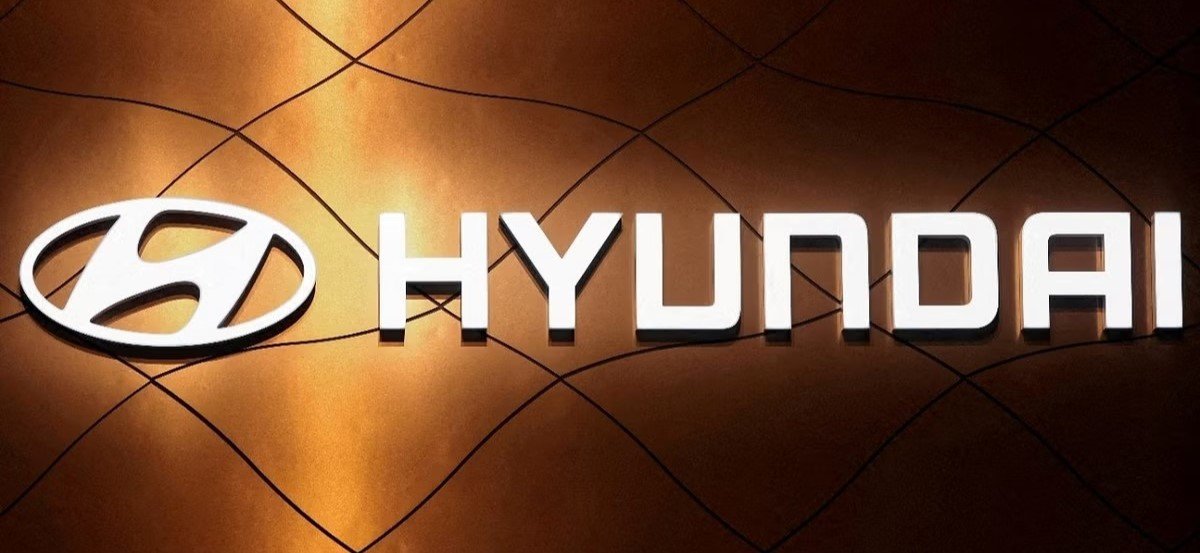



Hyundai Motor India, 2nd largest automaker in the country, is gearing up for its landmark IPO. As per Nomura analysts, the company deserves a valuation higher than its close competitor, Maruti Suzuki, which holds a 41% dominant market share.
A high valuation is expected because of the market dynamics, considering the ongoing decline in Maruti's market share. Hyundai Motor India's IPO is expected to be the largest in Indian history. As highlighted in the latest report of Nomura, it aims to raise $3 billion approx., thereby solidifying India’s automotive market.
SEBI reviewing the IPO draft documents of Hyundai India, has given a nod. After final observations, Creta-maker would launch its IPO in October 2024. Details about the timeline and price are yet to be revealed, but with the increased buzz, the attention of investors, international and domestic, is captured already.
In DRHP, Hyundai Motor India has already set the company's valuation between $18 billion to $20 billion. Representing significant consolidated value. Currently, the market cap of Hyundai is valued at $3.9 billion. As per Nomura, with the achievement of Hyundai Motor India’s targeted market cap ($18-20 billion), it will represent around 45-50.5% of the consolidated value of Hyundai.
As per the DRHP, the IPO will consist of an Offer for Sale by Hyundai Motor Co., its parent company. The face value of a share is Rs 10. Its objectives include enhancing visibility, improved liquidity, and brand image within the Indian market. Despite the lower penetration of hybrid electric vehicles and battery electric vehicles in India, the strategic focus of Hyundai on HEV can position it quite favourably within the evolving market.
As noted by Nomura, the Chief Executive Officer of Hyundai made an announcement during a recent investor conference. It hinted towards the forthcoming plans about IPO funds deployment, thereby underscoring investor confidence's importance within the company's future trajectory.
While Hyundai Motor India is preparing for the landmark IPO, all eyes remain on how the move would shape the Indian automotive landscape and if it can enhance the company’s standing further ahead in the competitive market.
 Request a call back
Request a call back


